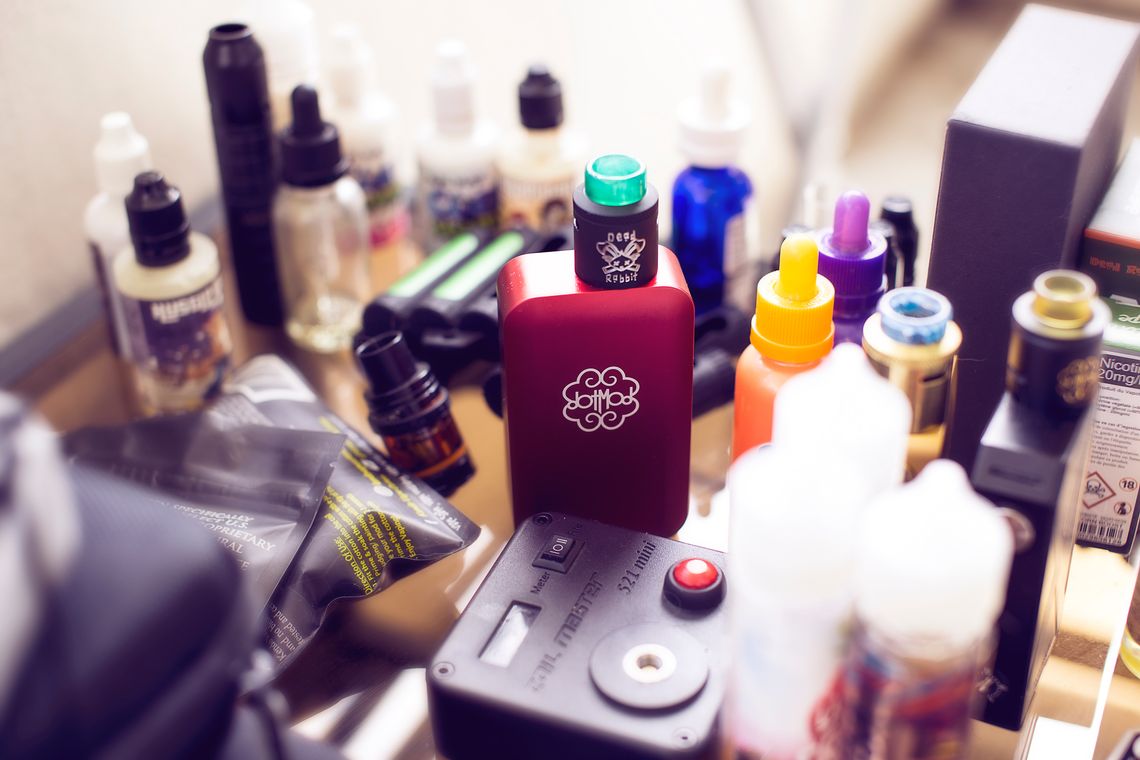One of the over 750 new Texas laws that went into effect Friday, Sept. 1 cracks down on vaping inside of schools.
The law, House Bill 114, requires immediate disciplinary action for students vaping or being in possession of e-cigarette components on or near a Texas public school campus.
Taylor Independent School District officials say not much will change to the district’s policy since they already adhere to the guidelines. Rachelle Finck, director of counseling and guidance at Taylor ISD, said there has been an intervention program for students caught with vape since 2020.
“Students with vapes on campus are sent to the Disciplinary Alternative Education Program (DAEP) for a determined number of days,” Finck said. “While there, students receive education on vaping and the health risks of using vapes. In order to return to campus, they must complete this course.”
Students who are caught with a vape with only nicotine receive ten school days at DAEP. Repeat offenders receive 15 days and are automatically enrolled in personal counseling.
DAEP students must complete a 120-hour course that details the health risks that using nicotine devices brings. Those who are in DAEP for the first time can leave early after seven days if they complete the asynchronous course. Any student who is found with a type of e-cigarette that contains THC or marijuana receives 30 days at DAEP with automatic substance abuse counseling twice a week.
Finck said the laid out DAEP program is more about education and intervention than it is about punishment.
“The law says we do have to follow the DAEP setting so we will adhere to the letter of the law,” Finck said. “But our biggest course of action is really making sure kids have informed information about the side effects of vaping and the health risks involved with vaping and nicotine addiction.”
The only adjustment Taylor ISD is implementing due to the new state law is making the completion of the intervention course mandatory for DAEP students to return back to class.
Finck said she has partnered with several other DAEP leaders in Williamson County to attempt to align their practices.
“I’m a firm believer that we have to intervene if we want to stop behavior,” Finck said. “We can’t just send kids away and expect for them to have completely different behaviors.”
The disciplinary program is for any student in the district who is in the sixth grade or above.




